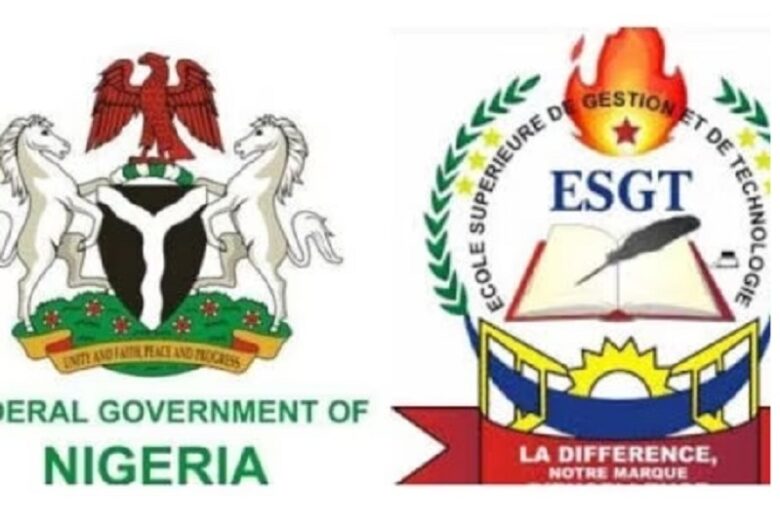The Coalition of Stakeholders in Education (CSE) has called on President Bola Tinubu to intervene in the recent invalidation of degree certificates from universities in Benin Republic and Togo.
Affected students, parents, and school administrators expressed deep concern over the government’s decision, which has left the futures of over 22,000 Nigerian graduates in limbo. They argue that this blanket ban on degrees obtained from these institutions since 2017 has shattered their hopes for a successful career.
At a press conference in Lagos, Gabriel Kona, leader of the CSE and President of Nigerian Lecturers in Benin Republic, urged President Tinubu and Education Minister Prof. Mamman Tahir to reconsider the decision. He emphasised the need to reverse the invalidation of degrees from accredited higher institutions in the two neighbouring West African countries.
The coalition criticised the selective recognition of only five public universities in Benin and three in Togo, ignoring the 95 accredited private universities in Benin. They highlighted that this decision unfairly penalises diligent students who obtained their degrees from recognised institutions.
“Reliable sources from the Ministry of Education in Benin informed us that a list of accredited institutions was provided to the Nigerian inter-ministerial committee that visited earlier this year,” Kona stated. “The Minister’s decision to invalidate these certificates retroactively is unjustifiable. If the ministry has been guiding students and parents with this list, how can it now claim that those institutions are not valid?”
The group questioned whether the ministry had misled Nigerians over the years, asking why it had previously evaluated and recognised graduates from these universities. They argued that punishing many for the actions of a few is not an acceptable solution.
Applauding the government’s efforts to improve Nigeria’s education sector, the stakeholders insisted that collaboration with Benin and Togo is essential for progress. “As a leading nation in sub-Saharan Africa, Nigeria must play a significant role in revolutionising education in the region,” they stated.
The coalition expressed concern for the emotional and economic turmoil faced by parents and students affected by the ban. They urged the Nigerian government to revoke the invalidation to prevent further damage to the economy and the livelihoods of those who have already integrated into various sectors.
Among those present at the briefing, students like Adaeze Princess Ugorji, a 400-level psychology student, and Silas Jime from Estan University Cotonou, appealed for government intervention, emphasising the urgency of saving their futures and those of their peers from potential ruin.
YOU MAY ALSO READ: Africa CDC, WHO launch $600 million plan to combat Mpox outbreak across continent









Got a Question?
Find us on Socials or Contact us and we’ll get back to you as soon as possible.